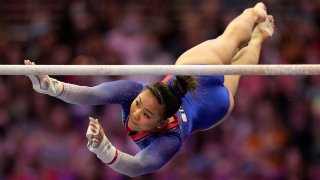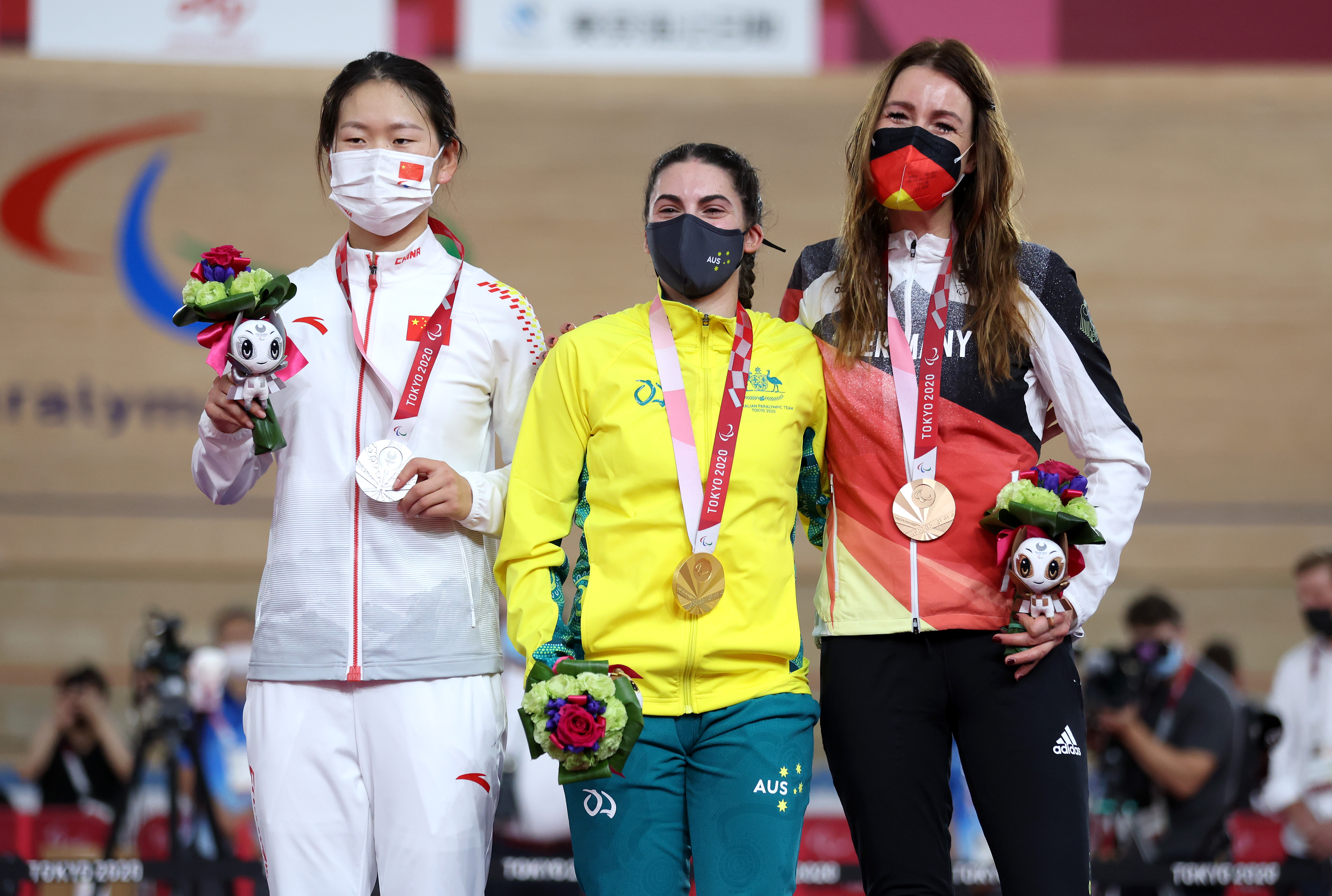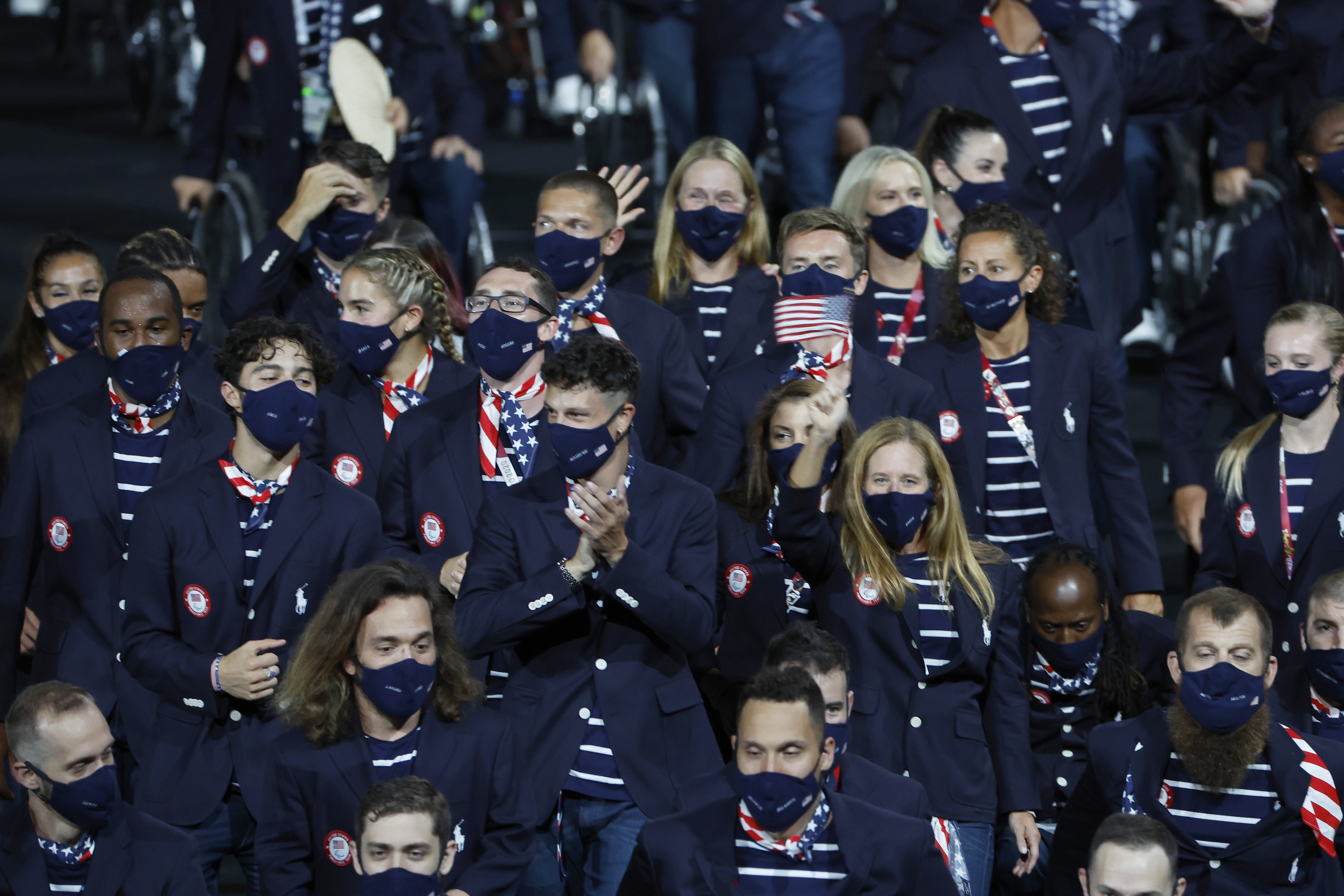
With superstar American gymnast Simone Biles out of the competition for much of the Tokyo Games, her teammates demonstrated their resilience, taking home two gold medals, two silver and a bronze. Then Biles showed her own resilience, adding a bronze medal in her comeback on the balance beam.
Biles, the face of women’s gymnastics after whom four skills are named, participated in qualifying and the first medal event, the women’s team competition, where she performed poorly on the vault and then left the floor. Rather than wilt without their team's strongest gymnast, her teammates thrived.
Suni Lee, Grace McCallum and Jordan Chiles competed in the rest of the team event with no room for error. Normally, each team can choose three of four gymnasts to compete in each event, allowing teams to drop their weakest link on each apparatus. Without Biles, the Americans couldn't do so -- every gymnast had to compete in everything.
Feeling out of the loop? We'll catch you up on the Chicago news you need to know. Sign up for the weekly Chicago Catch-Up newsletter here.
The Americans never caught up to the Russian Olympic Committee, who took the early lead after Biles' poor vault and never looked back. But the American women held off everyone else to earn the silver without their superstar. Great Britain took the bronze.
After the event, Biles said she withdrew because of the 'twisties,' an affliction gymnasts sometimes suffer when they lose their place in mid-air. She couldn't trust her body, she said, and couldn't compete without risking serious injury.
Her decision to put her mental health and well being over medals drew attention to the pressure athletes carry into the Olympics but also to the official response to the former longtime doctor for the U.S. national team, Larry Nassar, who was convicted of sexually abusing hundreds of girls and women and is now in prison. Biles was among his victims.
"I had to come back to the sport to be a voice, to have change happen," Biles said. "Because I feel like if there weren't a remaining survivor in the sport, they would've just brushed it to the side.”
Tokyo Olympics
Watch all the action from the Tokyo Olympics live on NBC
With Biles out of most other individual events, other Americans had a chance to emerge from their teammate's shadow. Suni Lee was first in the individual all around -- an event won by an American in each of the last five Olympics. Lee performed a brilliant routine to win gold and keep that streak alive.
Lee, the first Hmong American to compete in the Olympics, also won bronze on the uneven bars. Her father, John, has told of building her a balance beam in their backyard in Minnesota when he could not afford to buy her one.
Jade Carey added another American gold in the floor exercise, her first Olympic medal.
Biles had won gold in both the all-around and the floor exercise in the 2016 Rio Games.
One of the biggest surprises of the Olympics was MyKayla Skinner, who won silver in the women’s vault after stepping in for Biles. Skinner had finished fourth in the qualifying rounds, was out of the running and was on her way home until Biles was forced to withdraw.
Throughout the week, Biles remained a constant storyline: Will she compete or won't she? The day before each event, suspense mounted until USA Gymnastics made an announcement. And before the all-around, the vault, the floor routine, and the bars, the announcement was the same: BIles would not compete.
And then, before the final event, the balance beam, came the news the gymnastics world wanted to hear: Biles was back.
With the world's eyes on her, Biles delivered a strong performance on the balance beam. Her smile after the dismount was a stark departure from the grimace after her dismount on the vault a week earlier in the team competition.
Her routine was good enough for the bronze medal -- Biles' seventh Olympic medal, matching Shannon Miller for the most ever by an American gymnast.
Other top routines came from Guan Chenchen of China, who earned the gold medal on the balance beam in her first Olympic Games. Nina Derwael of Belgium took gold on the uneven bars and Rebeca Andrade of Brazil won gold on the vault.
On the men’s side, Artem Dolgopyat of Israel won the floor exercise, the country’s first gold medal in artistic gymnastics. Shin Jea-hwan of South Korea won the men’s vault, Hashimoto Daiki of Japan the high bar, Zou Jingyuan of China the parallel bars, Max Whitlock of Great Britain the pommel horse, and Liu Yang the rings.
The all around went to Hashimoto and the team from the Russian Olympic Committee took the team event.
The American men did not win a medal.




